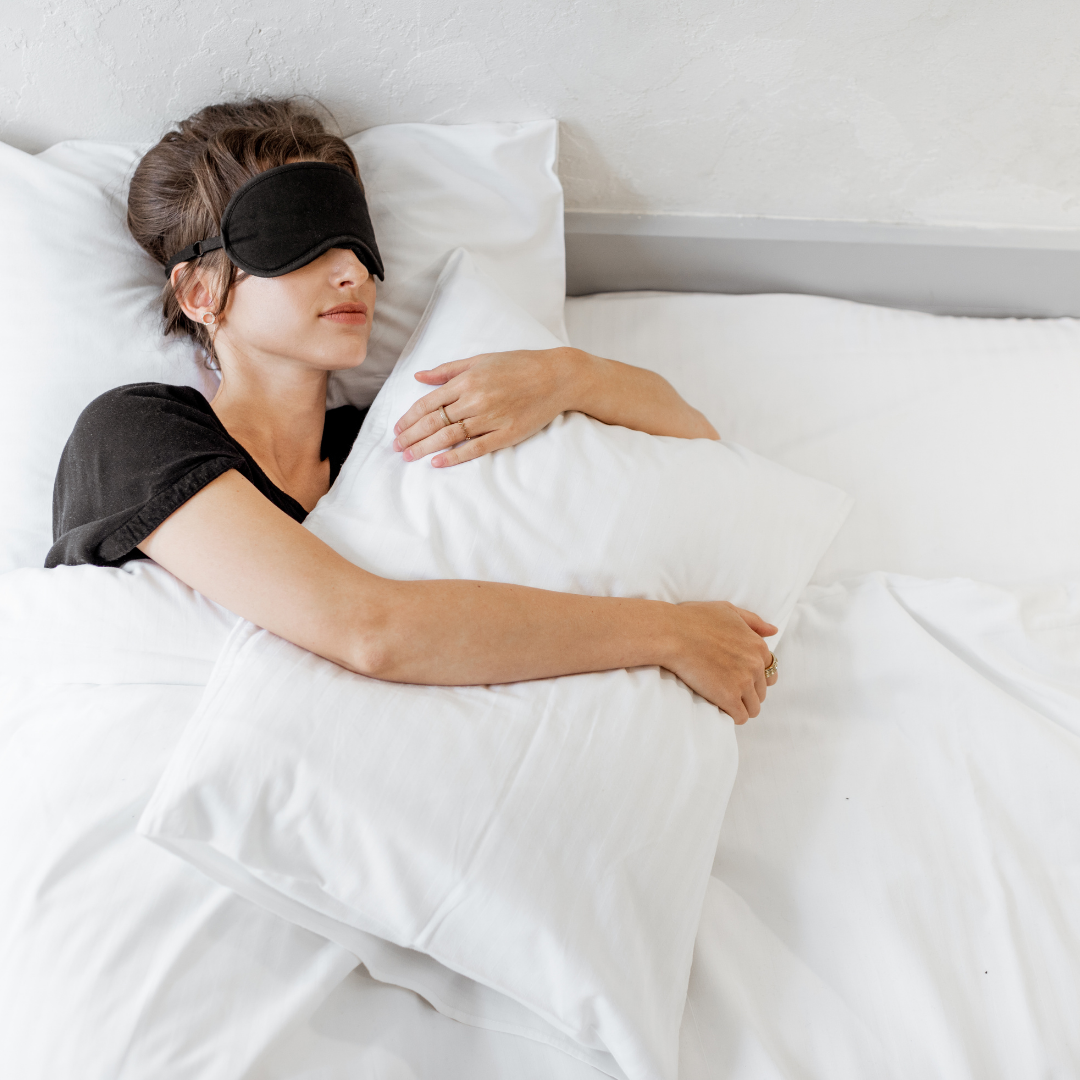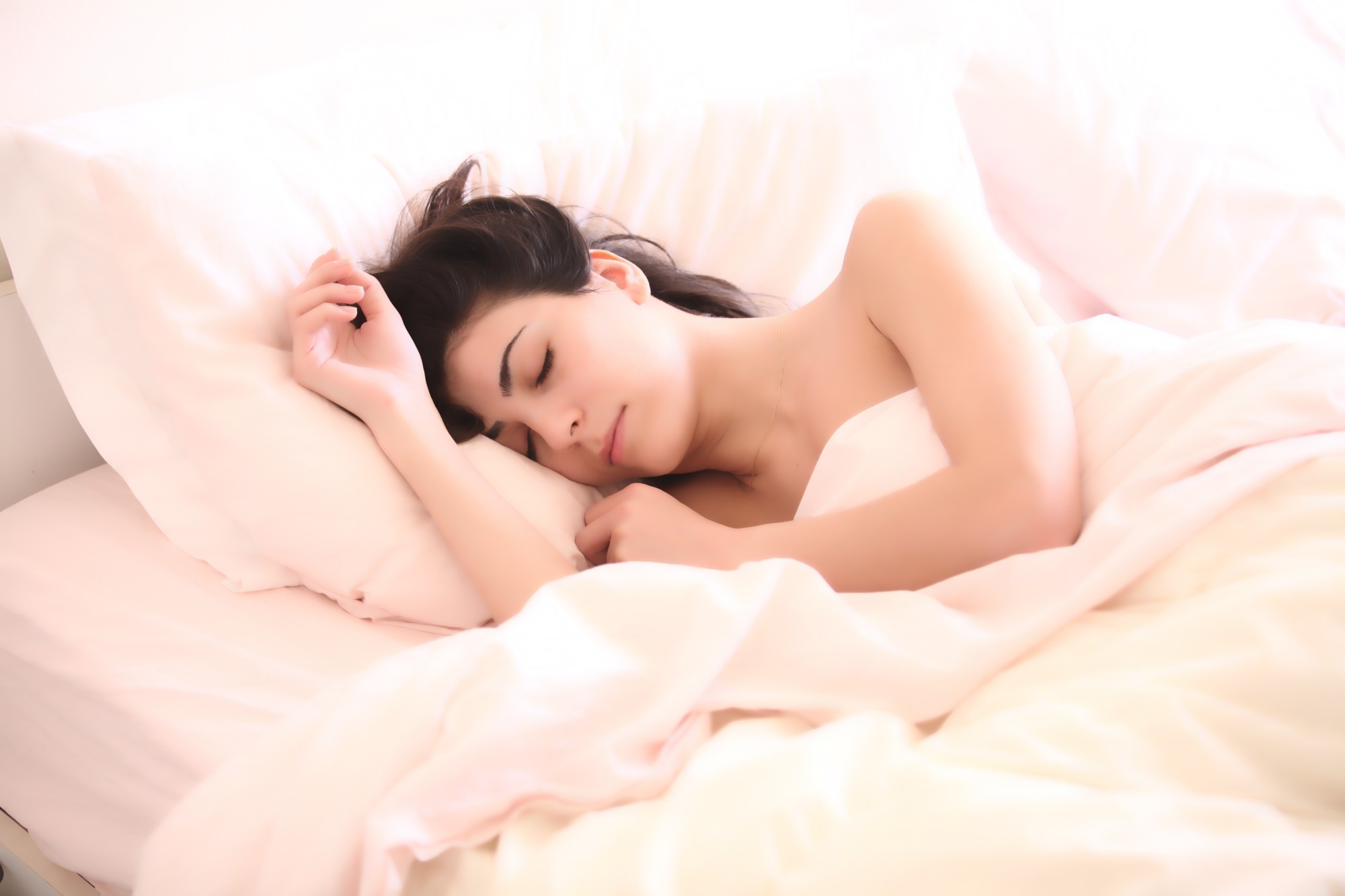How to Inculcate a Better Sleep Hygiene
Sleep is a fundamental component that contributes to overall health and well-being. Sleep is so vital because it enables the body to recharge and be ready for the next day. Getting good sleep is something that you can mostly control if you have the best sleep hygiene. Building good sleep hygiene involves integrating habits in your life that differentiate between a restless night and a peaceful slumber. Here are some of those practices that can help you get enough sleep and rest well enough to take on your days:
Avoid taking stimulating substances before bedtime
Taking stimulants like caffeine a few hours before going to bed can interfere with your quality of sleep. They will keep you awake and prevent you from getting enough rest. Avoid taking any stimulating substance four to six hours before your bedtime.
At the onset, alcohol can act as a sedative that induces feelings of relaxation and sleepiness. But after a while, it acts as a stimulant. It reduces the quality of sleep later in the night and increases the number of awakenings. Limiting alcohol consumption can help to improve sleep.
Have a consistent pre-sleep routine
You make the transition between wake time to sleep time smoother by consistently doing some relaxing activities an hour before bed. Do calming activities like taking a bath or reading a book before bed. When integrating reading into your bedtime routine, avoid genres that are too exciting. Go for books that are easy and drama-free, not those full of action and suspense. You can learn relaxation techniques like mindful meditation that will promote better sleep. Avoid stressful activities before bed since the body releases cortisol hormone when you are stressed. Secretion of the hormone promotes alertness and will make it hard for you to fall asleep.
Another calming activity you can consider doing before bed is listening to music. Music helps most people calm down and relax as it distracts from their worries. Incorporating ambient sounds into your routine will help you fall asleep faster and improve your quality of sleep.
Go to bed when you are tired
Going to bed before you are tired can lead to frustration due to the struggle to fall asleep. If you go to bed and can not fall asleep, get up and do something more relaxing until you feel tired enough to sleep. You can read a book, listen to music or meditate. The activities will help you be sleepier by the time you get to bed.
Have light meals before bed
Eating a heavy meal laden with carbohydrates is a recipe for insomnia. Heavy meals before bed can cause indigestion and acid reflux. Taking too many drinks can also disrupt your sleep with the numerous bathroom trips. Partake in light snacks that you know do not disturb your sleep. You can take herbal teas like chamomile and lavender tea that will calm your mind and induce sleep.
Make your bedroom ideal for sleeping
Turning your bedroom into a sleep-inducing environment is highly likely to help you fall asleep easier. Create a quiet, dark, and cool place to promote peaceful slumber. Having too much light in the bedroom can make it more challenging to fall asleep since light is a powerful cue to your body that it is time to be awake.
Consider limiting your screen time before bed or, at the very least, reduce screen brightness a few hours before your sleep time. Use room-darkening shades and earplugs to create a conducive environment for sleep. Or you could use a fan or any other white noise appliance to create an environment that suits you better. A comfortable Tempurpedic mattress and pillows also help create a conducive sleep place. Limiting the activities in the bedroom by keeping TVs and other work materials out of the bedroom signals your mind that the room is for relaxation and sleep.
Avoid afternoon naps
Most people that have regular afternoon naps find it hard to sleep better at night. Long daytime naps interfere with night sleep. Napping during the day reduces sleep drive. If you have to take a nap, try to squeeze the nap time earlier in the day. It is also better to have shorter naps to be tired by bedtime.
Set your internal clock
Being consistent with your sleep and wake-up times trains your body’s internal clock to expect rest at a specific time. Consistency with your sleep routine puts your body on a schedule. Wake up at the same time every day until your body gets used to that. You can take advantage of natural light to keep your internal clock on a healthy sleep-wake cycle. Let the lights in when you wake up to notify your body that it is time to wake up. Appreciate the importance of synchronizing your internal clock.
Exercise
Exercise helps in promoting restful sleep. Slotting a few minutes for exercise earlier in the day will help you fall asleep faster and more soundly when it is time to sleep. Ensure that you do your workouts several hours before your sleep time since exercise promotes the secretion of cortisol that can make you alert and make it harder to fall asleep. It does not have to be an intense workout. A few minutes of regular physical activity will promote better sleep.
Know when to seek medical advice
Everyone has the occasional sleepless night. However, if you notice that your insomnia is persistent, you should contact a health practitioner. Consulting a doctor will help you get to the root cause of the sleeplessness and fix any underlying causes.
Wrap up
Good sleep hygiene only works if you follow through with the daily activities. You cannot do the practices for a day and expect a lifetime of quality sleep. You have to stick with them to increase your chances of achieving a restful sleep each night. That said, there are sleep problems like apnea and narcolepsy that could contribute to poor sleep quality. If you notice that your sleep troubles do not diminish even after being consistent with excellent sleep hygiene practices, you may want to see a sleep specialist.



